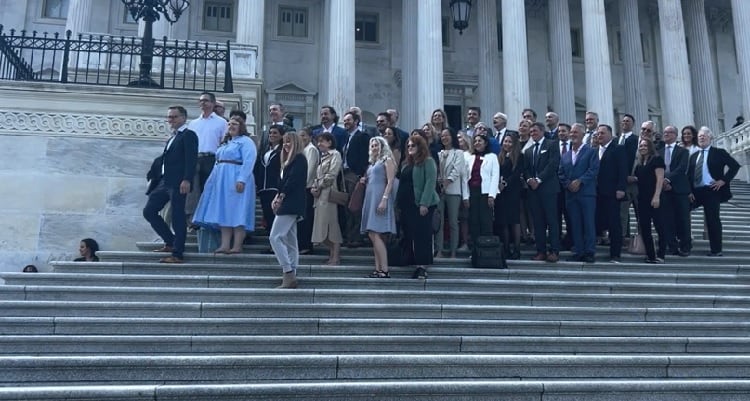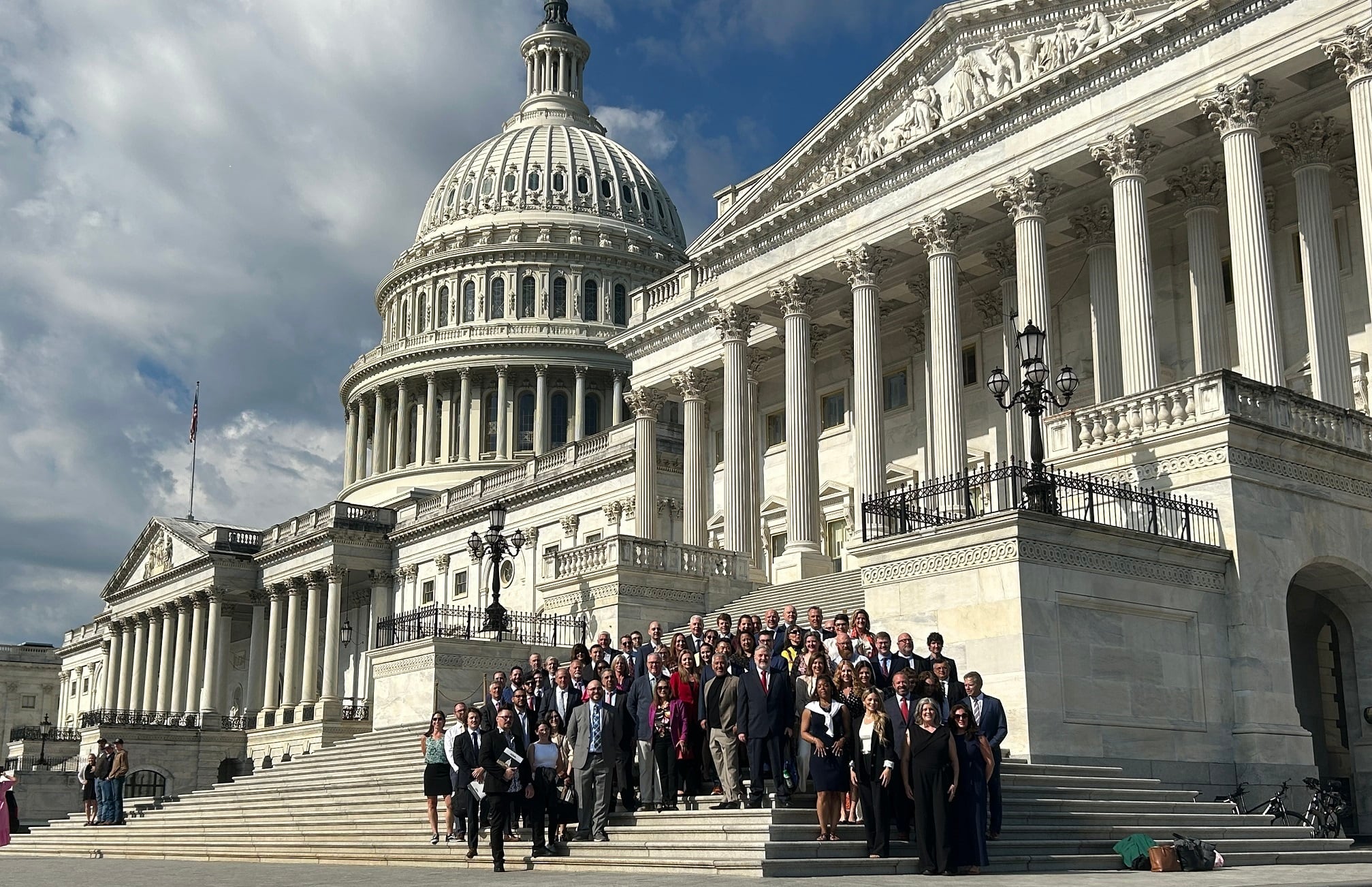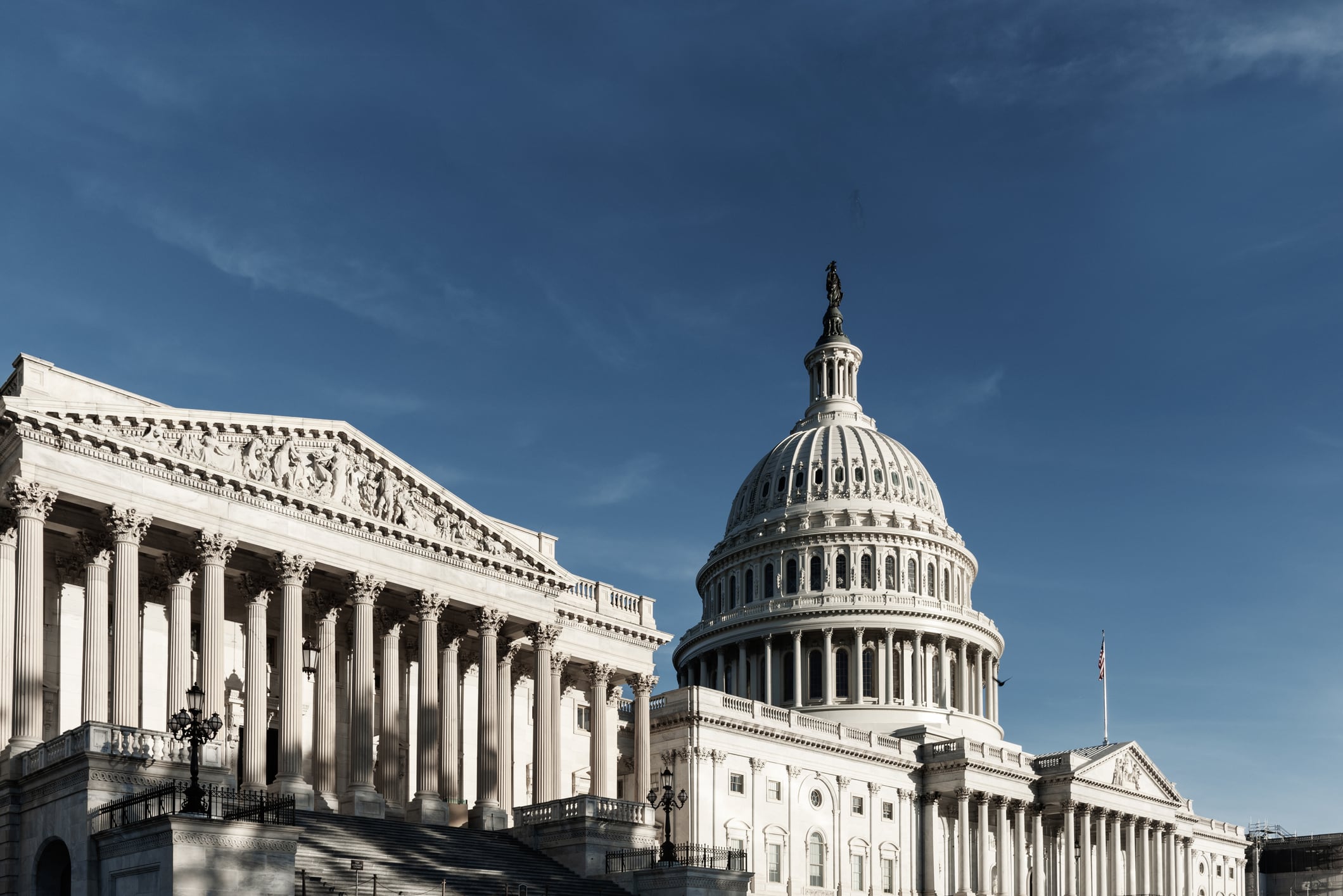The Natural Products Associations sent a letter to the IRS commissioner on Aug. 6 calling for the revision of Publication 502 to include dietary supplements as “medical expenses” under the Internal Revenue Code (IRC).
NPA proposed the IRS update Publication 502 to state: “You can include in medical expenses the cost of ‘dietary supplements,’ as defined in 21 U.S.C. 321(ff)(1), provided that such products are labeled with an FDA-authorized health claim, bear statements describing how they are intended to affect the structure or function of the human body, or include statements characterizing the documented mechanism by which the product maintains such structure or function.”
A joint letter from the American Herbal Products Association (AHPA), the Consumer Healthcare Products Association (CHPA), the Council for Responsible Nutrition (CRN) and the United Natural Products Alliance (UNPA) dated Aug. 20 echoed these calls, noting that, “this change would allow Americans to be reimbursed from their HSAs and FSAs for the out-of-pocket expenses they pay for dietary supplements. To do so would not only encourage Americans to maintain healthy lifestyles and achieve improved health but would also free up scarce household resources for other critical needs.”
Dietary supplements and HSAs/FSAs
Almost 40 million Americans have nearly $147 billion in tax preferred HSAs, while 37 million Americans have FSAs through their employment. The IRS dictates how HSA/FSA dollars can be spent and only purchases that are made to specifically prevent or treat a medical condition are eligible. Several products do not need a doctor’s approval to be purchased with this money, such as sunscreens, band aids and contact solutions. A revision to Publication 502 in 2000 excluded dietary supplements unless prescribed by a physician.
Allowing consumers to use their HSAs, FSAs and Health Reimbursement Arrangements (HRAs) to purchase dietary supplements has long been a key objective for the dietary supplement trade associations, with NPA and CRN carrying that message to lawmakers during visits to lawmakers on Capitol Hill.
Members of Congress have introduced bills that would achieve this goal, with the bipartisan Dietary Supplements Access Act being introduced in the House in July 2023—(H.R. 4794, introduced by Rep. Darin LaHood (IL-16), et al.), followed by a similar bill in the Senate in October 2023 (S. 3172, introduced by Sen. Kevin Cramer (R-ND)). Neither bill has been signed into law.
MAHA
The trade associations view the proposal to expand access to dietary supplements through HSA/FSA accounts as an alignment with the Make America Healthy Again (MAHA) movement and President Trump’s Feb. 13, 2025, Executive Order 14212, which established the President’s Make America Healthy Again Commission.
The executive order stated that the policy of the federal government is to:
- Aggressively combat critical health challenges, including mental health disorders, obesity, diabetes and other chronic diseases.
- Shift the focus of healthcare from disease management to promoting health across the lifespan.
- Ensure the availability of expanded treatment options and the flexibility for health insurance coverage to provide benefits that support beneficial lifestyle changes and disease prevention.
In his letter to the IRS Commissioner, Dr. Daniel Fabricant, NPA’s president and CEO, said the “modest” revision of Publication 502 would “modernize a 20th-century rule to reflect 21st-century science and consumer health behavior, without changing the underlying statute or regulation.
“The IRS has a unique opportunity to advance health freedom and consumer choice, core principles of the Make America Healthy Again movement by making this simple, targeted revision to Publication 502,” he noted.





